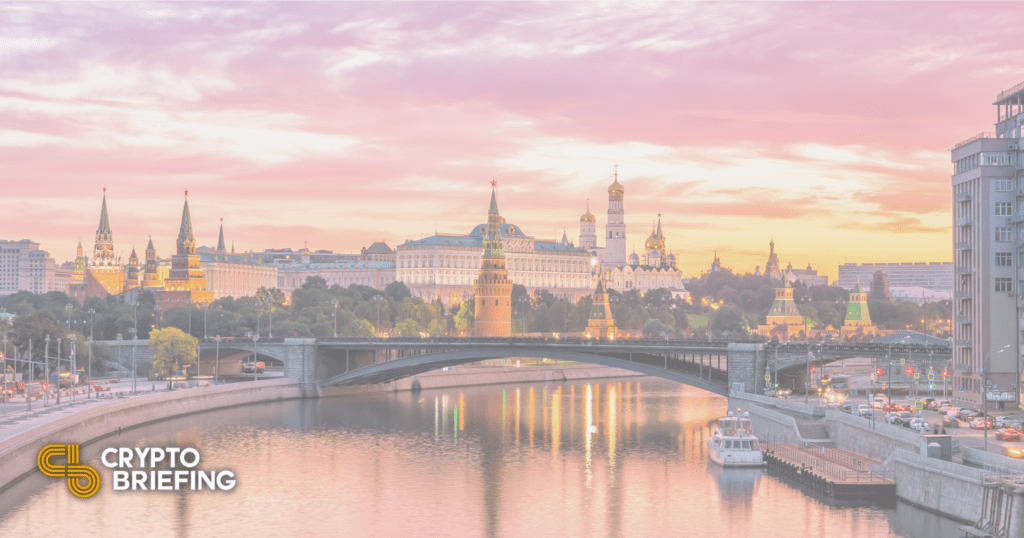
Shutterstock cover by f11photo
Binance Limits Services in Russia Following EU Sanctions
Binance has put Russian nationals and entities residing there with assets above €10,000 on the exchange on “withdrawal-only” mode.
Binance has limited its services in Russia following the European Union’s recently enacted fifth package of sanctions on the country.
Binance Announces Russia Restrictions
Binance has become the first crypto exchange to act on the European Union’s new crypto sanctions.
In a Thursday blog post, the world’s largest crypto exchange announced that it has begun limiting its services in Russia following the European Union’s recently imposed ban on “providing high-value crypto-asset services to Russia.” Per the new rules, Binance has put the accounts of Russian nationals and persons and legal entities residing there with over €10,000 ($10,885) on the exchange on “withdrawal-only mode.” Meanwhile, Russian nationals living outside the country and Russian citizens or entities residing in the country with less than €10,000 will remain unaffected, and their accounts will stay fully active.
“While these measures are potentially restrictive to normal Russian citizens, Binance must continue to lead the industry in implementing these sanctions,” the exchange said. “We believe all other major exchanges must follow the same rules soon.”
Binance’s latest action comes in response to the fifth package of sanctions that the EU imposed on Russia on Apr. 8 to pressure President Putin to end the country’s attack on Ukraine. The new restrictive measures include a prohibition on providing “high-value crypto-asset services to Russia,” a transaction ban and asset freeze on four Russian banks, and a veto on various imports and exports. While it was initially unclear what “high-value” services constituted, the EU subsequently clarified and set the limit at the €10,000 mark.
To close all potential loopholes that could allow wealthy Russians to evade sanctions, the EU and other Western countries have begun increasing their focus on crypto in recent weeks as the war continues. On Wednesday, the U.S. Treasury and the Office of Foreign Assets Control introduced sanctions against Russia-based crypto mining company BitRiver. The move was the first instance of the U.S. imposing sanctions on a crypto mining firm.
Disclosure: At the time of writing, the author of this piece owned ETH and several other cryptocurrencies.
